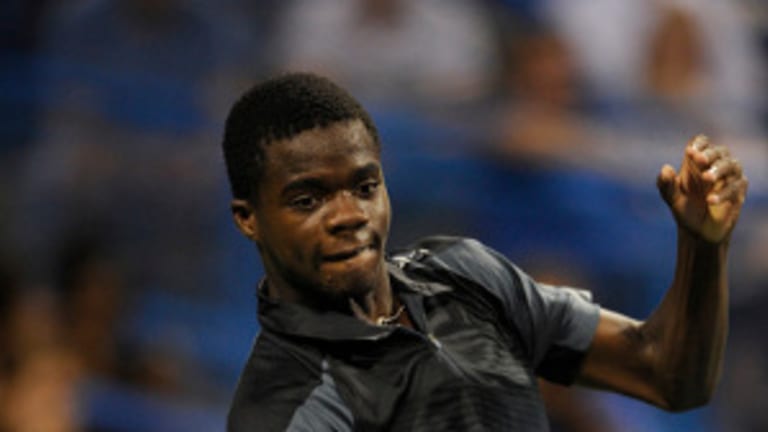If there is anything American tennis fans are sick of hearing about, it’s the lack of American tennis talent on the men’s side. Can teenage prodigy Frances Tiafoe finally solve the problem?
In 2013 at age 15, Tiafoe became the youngest-ever winner of the prestigious Orange Bowl and was the No. 2-ranked junior in the world. On the USTA Pro Circuit this year, he shot up to No. 292 in the world rankings after starting at No. 1,136. The 17-year-old’s recent results on the Pro Circuit (three finals and one title) have earned him a main-draw wildcard into this year's French Open.
Last month, the Maryland native decided to turn pro, and became the first tennis player to sign with Roc Nation, the agency headed by music icon Jay-Z. Last spring, when I interviewed Tiafoe for Tennis Tuesday, he wasn’t looking for an agency “unless something big comes up,” and would decide on going pro at 18.
What changed? To be fair, Jay-Z is pretty big, and Tiafoe’s potential could be the Holy Grail for U.S. tennis.
But at a time when just three teenagers reside in the ATP Top 100, should Tiafoe have turned pro at such a young age? Right now, everything is going smoothly for him, and the temptation to roll the dice on becoming a millionaire that lifts both Grand Slam trophies and America’s hopes was surely huge. The hype will only intensify if Tiafoe continues his upward path.
A teenager is susceptible to immeasurable pressures and influences, especially in tennis’ lonely environment. Who’s really calling the shots here? Parents, coaches, peers and friends could have all played a role in his decision-making process. Tiafoe surely knew he would have been the hottest commodity in the nation come senior signing week.
